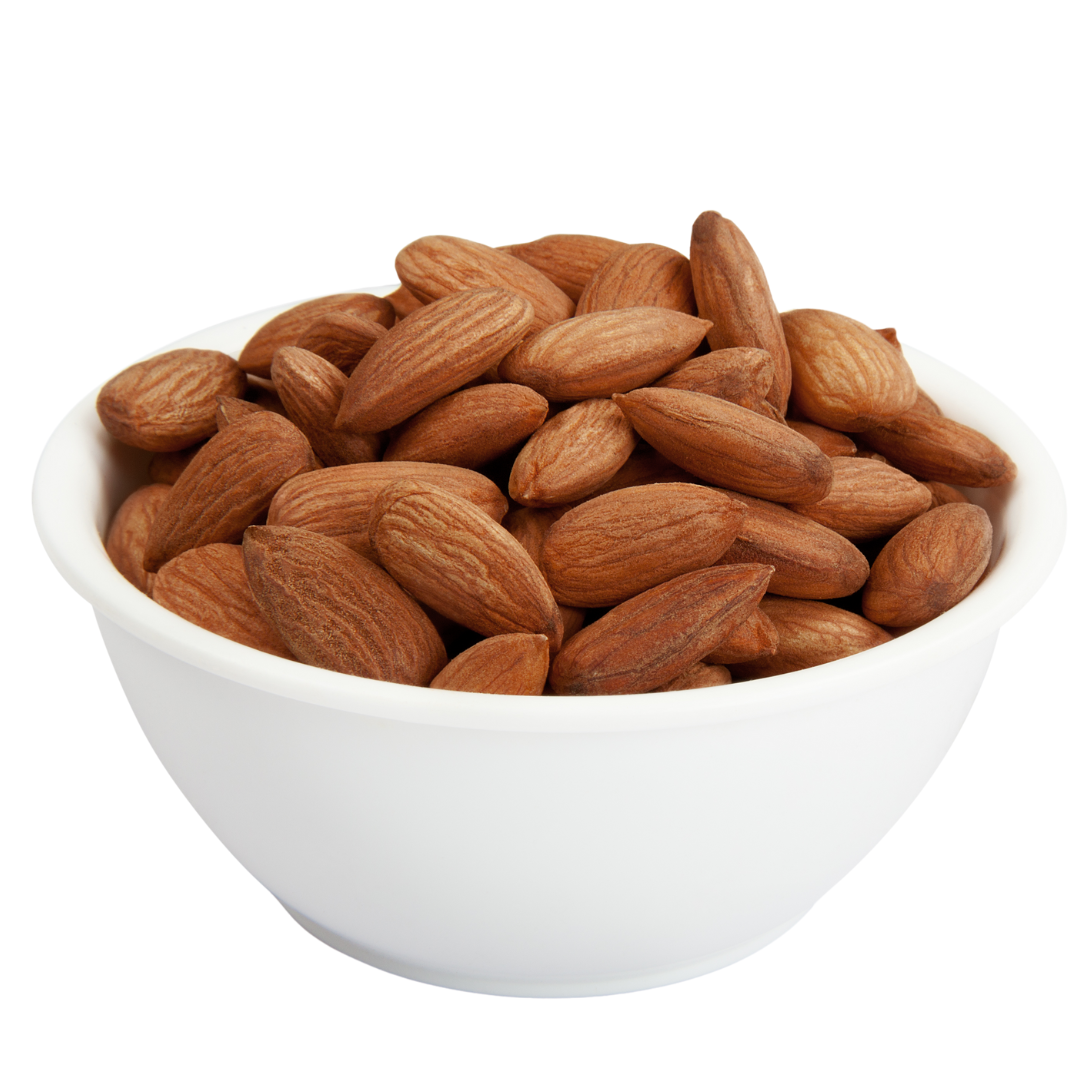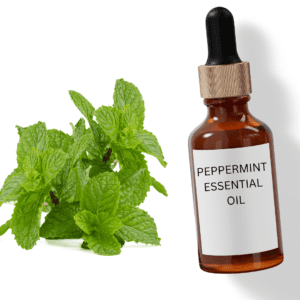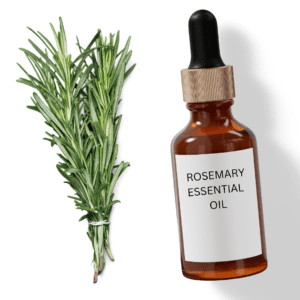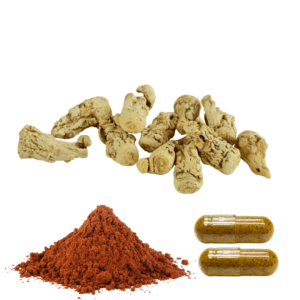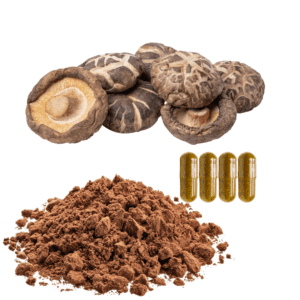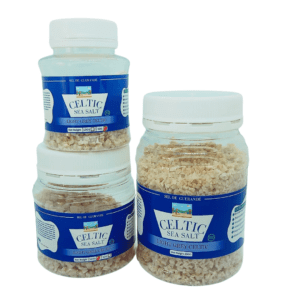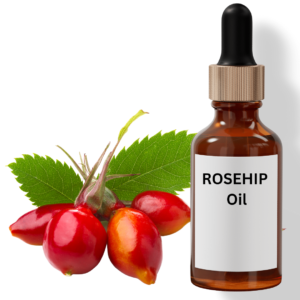Almonds
Description: Discover the deliciously nutritious world of almonds, a versatile and wholesome nut known for its rich flavor and impressive health benefits. Almonds are not just a tasty snack; they are a powerhouse of nutrients that can support your overall well-being. Perfect for eating raw, roasted, or as an ingredient in various dishes, almonds are a must-have in your pantry.
Nutritional Breakdown:
Vitamins: Packed with vitamin E, an antioxidant that supports skin health and boosts the immune system. Also contains B vitamins, which are essential for energy metabolism.
Minerals: Rich in magnesium, calcium, and potassium, promoting bone health, muscle function, and heart health.
Healthy Fats: Contains monounsaturated fats that are heart-healthy and can help manage cholesterol levels.
Protein: Provides a good source of plant-based protein, essential for muscle repair and growth.
Fiber: High in dietary fiber, aiding in digestion and helping to maintain a healthy weight.
Antioxidants: Loaded with antioxidants that help protect cells from oxidative stress and reduce inflammation.
Benefits:
Heart Health: Almonds are known for their heart-protective properties. The healthy fats, magnesium, and antioxidants in almonds help lower bad cholesterol (LDL) and increase good cholesterol (HDL), reducing the risk of heart disease.
Weight Management: High in protein and fiber, almonds promote a feeling of fullness and can help manage weight by reducing overall calorie intake.
Skin Health: Rich in vitamin E and antioxidants, almonds help maintain healthy skin by protecting against damage from UV rays and other environmental factors.
Bone Health: The high calcium and magnesium content in almonds supports strong bones and helps prevent conditions like osteoporosis.
Blood Sugar Control: Almonds have a low glycemic index and are high in fiber, which helps regulate blood sugar levels and prevent spikes after meals.
Brain Health: The nutrients in almonds, such as riboflavin and L-carnitine, support cognitive function and may help reduce the risk of Alzheimer’s disease.
Digestive Health: The fiber in almonds aids in digestion, promoting regular bowel movements and preventing constipation.
How to Use:
Snacking: Enjoy a handful of raw or roasted almonds as a nutritious snack.
Baking: Incorporate almonds into baked goods like cookies, cakes, and bread for added crunch and nutrition.
Cooking: Add slivered or chopped almonds to salads, stir-fries, and grain dishes for a boost of flavor and texture.
Nut Butter: Blend almonds into a smooth and creamy almond butter to spread on toast or use in recipes.
Smoothies: Add a handful of almonds to your smoothies for extra protein and healthy fats.
Milk: Make homemade almond milk by blending almonds with water and straining. Use as a dairy-free alternative in your coffee, cereal, or recipes.
Caution:
- Almonds are high in calories, so enjoy them in moderation as part of a balanced diet.
- Individuals with nut allergies should avoid almonds.
- Store almonds in a cool, dry place or refrigerate to maintain freshness.
Incorporate the goodness of almonds into your daily routine and enjoy the numerous health benefits they offer. Whether eaten as a snack, added to meals, or used in recipes, almonds are a delicious way to enhance your diet and support your overall well-being. Add them to your cart now and experience the nutritional power of almonds!

